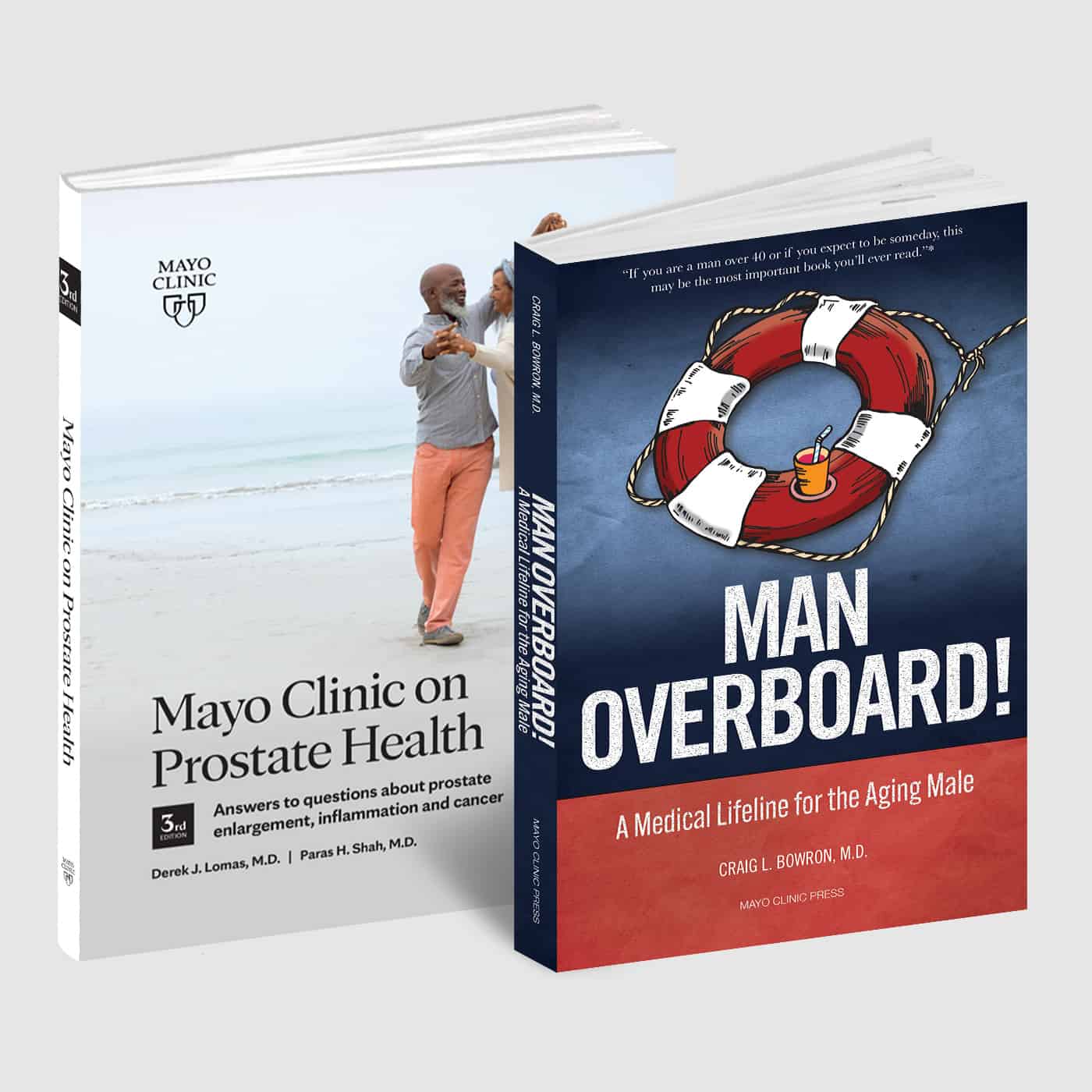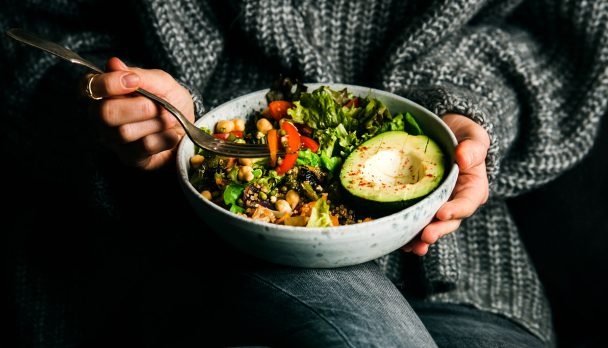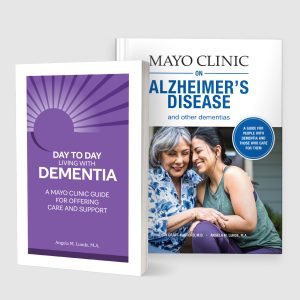
After researching the relationship between gut and brain health for 10 years — in consultation with several Mayo Clinic experts — Partha Nandi M.D., F.A.C.P. created Heal Your Gut, Save Your Brain, as a guide to cutting edge research on gut health. The key takeaway: Gut health goes hand in hand with brain health. In this excerpt, Dr. Nandi provides in-depth lists of the best foods for gut health, along with explanations of why they are important, whether it’s leafy greens, certain spices or cheese. Taking action on the information that Dr. Nandi provides may be key to preventing brain problems such as stroke, Alzheimer’s disease and Parkinson’s disease.
How to change your gut health
Despite all the things that can go wrong with our gut and all the ways we can damage our GI tract, there are a lot of ways we can help things go right as well as actions we can take to heal or improve the GI system. Remember my story about the benefits of children eating dirt? Every time we enjoy a meal—be it french fries and a hamburger, or kale and black-eyed peas—we potentially change our microbiome. How we make that change is up to us, but for healthy change to occur, we must want to do it.
Change, as most of us know, can be hard to sustain. But when a new habit has a purpose that we value—such as charging a treasured videogame player or eating food that supports the health of our body and brain—it’s much easier. The best way to make something a habit is to have a goal that is important to you, and few goals in life are more important than saving our brain.
Make it a habit! Four tips to improve gut health
- Do not eat out more than once a week.
- Try to avoid processed foods and limit them to no more than 25 percent of your meals.
- Consume organic, non-GMO foods as often as possible.
- Eat with someone—dinners with family and friends help build the pillar of community.
Stop being so SAD
There is a reason why the typical diet of a US citizen is called the Standard American Diet, SAD for short. Consuming primarily calorie-dense and nutrient-poor foods and beverages means eating a lot of “bad” fats and carbohydrates, not to mention large amounts of additives and pesticides, with little room for beneficial foods. When it comes to changing gut health, we all need to try to switch to a primarily plant-based way of eating. Even a minor change will immediately impact your gut health, so do your best to eat more:
- Vegetables, particularly leafy green and cruciferous ones.
- Alliums, like garlic and onions.
- Spices.
- Fermented foods.
- Berries.
Research has shown that plant-based foods are generally higher in the nutrients that increase the levels of beneficial bacteria in the gut while decreasing harmful strains of bacteria, not to mention packed with vitamins and minerals. Let’s take a closer look.
Leafy greens. Leafy green vegetables offer nutrients like folate, vitamin C, vitamin K, and vitamin A and are tasty sources of fiber. Examples include cabbage, lettuce, and kale. Several studies have shown that these foods contain a “good” carb called sulfoquinovose, which supports the growth of healthy gut bacteria. Thus, leafy greens help to build a healthy microbiome.
Cruciferous vegetables. Cruciferous vegetables like broccoli, Brussels sprouts, radishes, kale, bok choy, and cauliflower can be eaten raw or cooked. Either way they are incredibly nutritious, supplying protein, good carbohydrates, and vitamins (especially vitamin A, vitamin C, and folic acid) and minerals including iron, calcium, selenium, copper, manganese, and zinc. For example, 1 cup of cauliflower has 3 grams of fiber, which is 10 percent of what you need each day to feed the healthy bacteria in your gut, optimize colon function, and reduce inflammation, all things that promote digestive health.
Allium vegetables. If you ask me, everything tastes better with garlic, so add a little more whenever you are preparing savory foods. A study in Food Science and Human Wellness showed that garlic supports the proliferation of “good” gut bacteria (Bifidobacteria, for example) and prevents harmful bacteria from growing. Garlic is rich in inulin, a type of nondigestible carbohydrate that acts as food for the favorable bacteria in your digestive system. Raw garlic is best for gut health, as it loses its prebiotic benefits the more you cook the garlic.
Spices. Equally important are spices. Take ginger, for instance. We may think of it as something commonly used to flavor cookies, but it is delicious in savory foods as well and has many medicinal properties. Ginger can help relieve nausea, vomiting, and other stomach-related symptoms. In a study published in the journal of Food and Chemical Toxicology, researchers found that ginger can increase our levels of prostaglandins, which are hormone-like substances. Prostaglandins function to increase the ability of the gut lining to absorb more of the nutrients our bodies need. There are also compounds found in ginger called gingerols. These have been shown to have anti-inflammatory properties, which may be why this spice works so well on digestion problems.
Fermented foods. While you are making changes to heal your gut, be sure to add the fermented foods mentioned earlier and the pre-, pro-, and postbiotics they contain to your daily diet. Food that has undergone fermentation—where yeast or bacteria break down the sugars they contain—include:
- Cheeses that have been aged but not pasteurized or heated, including cheddar, Swiss, provolone, Gouda, Edam, and Gruyere.
- Cottage cheese.
- Honey (raw).
- Kefir.
- Kimchi.
- Kombucha.
- Sauerkraut.
- Tempeh.
- Yogurt.
Berries. Fruit is always an excellent choice, and berries are the best. In my clinical experience, most berries help chronic inflammation and improve gut bacteria. Berries are among the healthiest foods available and are an excellent alternative to sugary snacks. Consume a few servings of berries every week and experiment with different varieties.
Eight of the top berries for gut health are:
- Açai berries
- Bilberries
- Blueberries
- Cranberries
- Goji berries
- Grapes (yes, grapes are berries!)
- Raspberries
- Strawberries
If you do only one thing to improve gut health
If you do only one thing to improve your gut health, that thing should be to find your kitchen!
Even if you cannot go vegan or give up the occasional cheeseburger, preparing your own food can radically change your gut and your brain. You may have read that the populations of countries like India and China historically have far less cognitive impairment and decline than is seen in the West. This may in part be due to using turmeric and cumin in cooking in these countries. Also, preparing foods at home and eating more whole foods is ingrained in these cultures—not because they have read about it in a book, but because this is their habit, their way of life, passed on from generation to generation.
Sadly, that is now changing, because fast-food restaurants with their menus of processed foods are everywhere around the world. The convenience and allure of prepared and hyperpalatable foods, easily accessible and often affordable, make the spread of these unhealthy options almost unavoidable. To preserve cognitive and gut health, we must counteract the effective marketing of these disease-causing foods.
That is why preparing your own food is so important. Not only does food taste better when you make it, but it changes your entire understanding and approach to eating. I involve my kids in this process. They think the food tastes even better when they help, and they enjoy the experience. The entire family—our little community at home—works together to solve problems creating our meals. When we then sit down together to enjoy the fruits of our labor, our tribe helps to solidify our health, one meal at a time, the health hero way.
An excerpt from Heal Your Gut, Save Your Brain by Partha Nandi, M.D., F.A.C.P.

Relevant reading
Men's Health Bundle
Man Overboard! is a fun-to-read handbook on men’s health is written by Craig L. Bowron, M.D. who uses his years of education and professional experience to help you get through this pilgrimage, this magical journey of aging-while-male, not unscathed but with a sense of control and dignity. You can get…



















